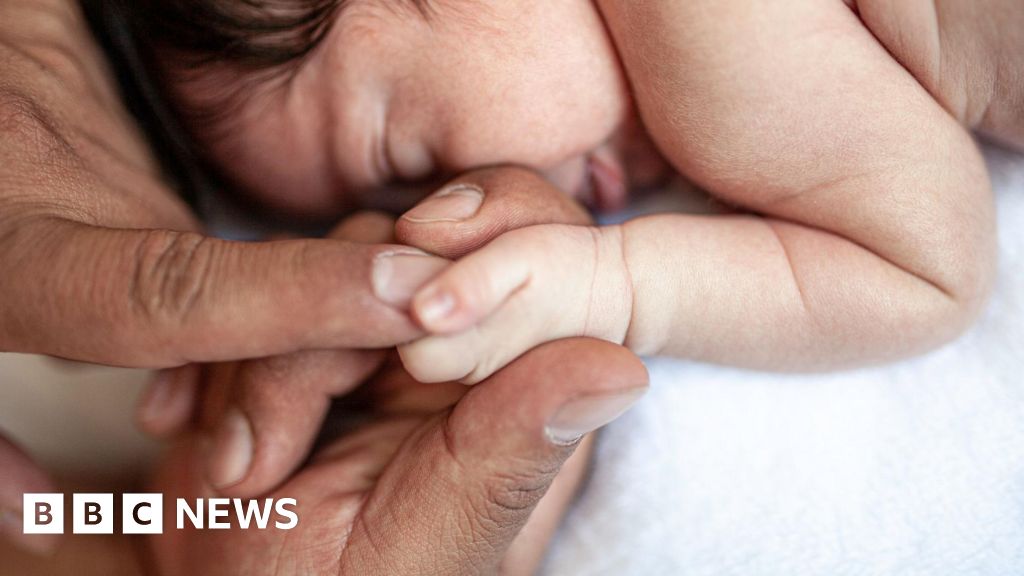ARTICLE AD BOX
By Michelle Roberts
Health editor, BBC News online
An outbreak of cases of the Delta variant of Covid is causing concern in China.
More than 300 cases have been spotted in 10 days - leading to increased testing and travel restrictions.
What is the Delta variant?
There are thousands of different types - or variants - of Covid circulating across the world. One of them, known as Delta or B.1.617.2, appears to be spreading quickly in many countries including the UK, where it has become the dominant variant.
The UK classes Delta as a "variant of concern" - these are kept under the closest watch by health officials.
Other current variants of concern also include:
- Alpha (B.1.1.7), first identified in the UK but which spread to more than 50 countries
- Beta (B.1.351), first identified in South Africa but which has been detected in at least 20 other countries, including the UK
- Gamma (P.1), first identified in Brazil but which has spread to more than 10 other countries, including the UK
Viruses mutate all the time and most changes are inconsequential. Some even harm the virus. But others can make the disease more infectious or threatening - and these mutations tend to dominate.
Is Delta more dangerous?
There is no evidence that Delta - or any of the other variants - cause more serious illness for the vast majority of people.
As with the original version, the risk remains highest for people who are elderly or have significant underlying health conditions.
But even so, if a variant is more infectious it will lead to more deaths in an unvaccinated population.
Vaccines offer high protection against severe illness with Covid-19, including infections caused by variants of concern. The shots also reduce the risk of infection. But they are not perfect and do not completely eliminate all risk.
It is unclear how many people in China are fully vaccinated, although authorities say more than 1.6 billion doses have been administered so far.
The advice to avoid infection remains the same for all strains: wash your hands, keep your distance, wear a face covering and be vigilant about ventilation.
How are the mutants behaving?
The variants of concern have all undergone changes to their spike protein - the part of the virus which attaches to human cells.
Delta has some potentially important ones (such as L452R) that might make it spread more easily.
There is no evidence to indicate it causes more severe disease or might make current vaccines less effective, say UK officials.
One mutation, called N501Y, shared by the Alpha, Gamma and Beta, seems to make the virus better at infecting cells and spreading.
Experts have found a small number of cases of Alpha with this change too.
Will vaccines still work against variants?
Current vaccines were designed for earlier versions of coronavirus, which means they may not be the ideal match for new variants and so might not work quite as well.
But experts say they are still very effective at protecting lives by cutting the risk of severe illness:
- An analysis by Public Health England found two doses of either the Pfizer or AstraZeneca vaccine was more than 90% effective against hospitalisations for Covid-19 caused by Delta
- A single dose, however, was less effective at preventing illness from Delta, compared to how well it worked against Alpha.
Doctors say it is vital that people get both doses to gain maximum protection against existing and emerging variants.
Do variants mean booster jabs are more likely?
Experts are confident existing vaccines can be redesigned to better tackle emerging mutations.
The UK government has a deal with biopharmaceutical company CureVac to develop vaccines against future variants, and has pre-ordered 50 million doses.
Depending on how variants continue to develop, these could potentially be used to offer a booster vaccine to older or clinically vulnerable people later in the year.

 3 years ago
177
3 years ago
177








 English (US) ·
English (US) ·